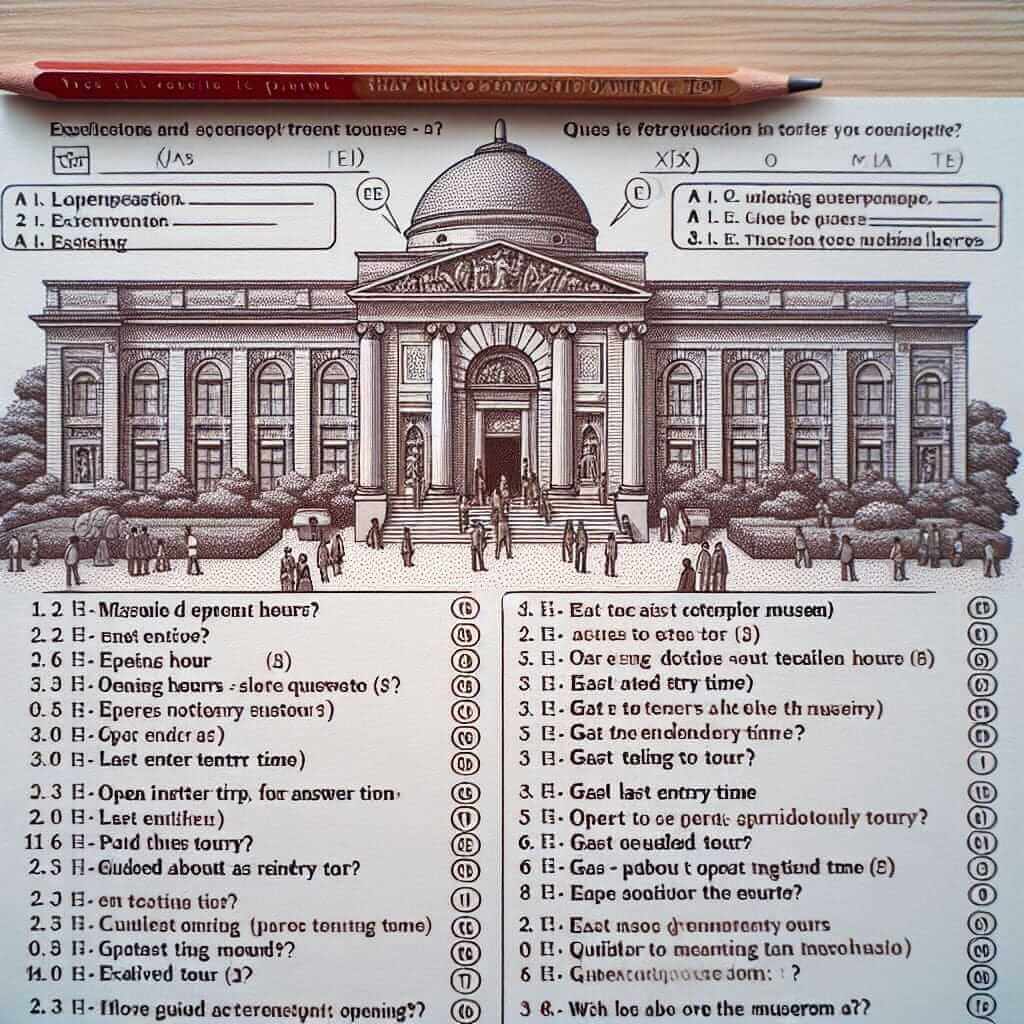As an IELTS instructor with over two decades of experience, I often get asked, “How long is the IELTS listening test?” Understanding the structure and duration of each section is crucial for success in the IELTS exam. This comprehensive guide will delve into the specifics of the IELTS listening test, providing you with the knowledge and strategies to excel on test day.
Breaking Down the IELTS Listening Test Duration
The IELTS listening test is the same for both IELTS Academic and IELTS General Training. It lasts for a total of 40 minutes: 30 minutes for listening to the recordings and answering the questions, and an additional 10 minutes to transfer your answers to the answer sheet.
Structure of the IELTS Listening Test:
The test comprises four sections, each with ten questions, making a total of 40 questions. The sections are designed to progressively increase in difficulty:
- Section 1: A conversation between two speakers in a social context (e.g., booking a hotel room).
- Section 2: A monologue or conversation in an everyday social context (e.g., a tour guide explaining a museum exhibit).
- Section 3: A conversation between up to four people in an educational or training context (e.g., students discussing a project with their tutor).
- Section 4: A monologue on an academic topic (e.g., a university lecture).
You will hear each recording only once.
Making the Most of Your Time
Effective time management is essential for achieving a high score in the IELTS listening test. Here are some valuable tips:
Before the Recording Starts:
- Preview the questions carefully: Use the time provided before each recording to familiarize yourself with the questions and identify key information you need to listen for.
- Underline keywords: This will help you focus on the essential information while listening.
- Predict possible answers: Anticipate what kind of information might be relevant to the question.
During the Recording:
- Listen attentively: Focus on understanding the overall meaning and context, as well as specific details.
- Take notes using abbreviations and symbols: Don’t try to write full sentences. Jot down key words and phrases.
- Keep moving forward: If you miss an answer, don’t dwell on it. Move on to the next question to avoid falling behind.
After the Recording:
- Transfer your answers carefully: Double-check your spelling and grammar during the allotted 10 minutes.
- Don’t leave any answers blank: Make your best guess for any questions you are unsure of.
 ielts listening test example
ielts listening test example
Example from a Real IELTS Listening Test
Question Type: Completing a table.
Recording Excerpt:
“The museum will be open from 10 am to 5 pm daily, with the last admission at 4:30 pm. Guided tours are available in English and Spanish and start every hour, with the first tour commencing at 10:30 am.”
Table to Complete:
| Feature | Details |
|---|---|
| Opening Hours | |
| Last Entry | |
| Guided Tours |
Answers:
| Feature | Details |
|---|---|
| Opening Hours | 10 am – 5 pm |
| Last Entry | 4:30 pm |
| Guided Tours | Every hour, first tour at 10:30 am |
Tips for Success in the IELTS Listening Test
- Practice regularly: Familiarize yourself with the test format and different accents by listening to a variety of English language materials.
- Develop your note-taking skills: Practice taking concise and effective notes while listening to recordings.
- Improve your vocabulary: A wide range of vocabulary will help you understand different contexts and accents.
- Focus on grammar and spelling: Errors in grammar and spelling can affect your score, so pay attention to accuracy when transferring your answers.
Conclusion
Being well-prepared for the IELTS listening test significantly impacts your overall score. Understanding the structure, duration, and question types, combined with consistent practice and effective time management strategies, will undoubtedly increase your confidence and lead you towards achieving your desired IELTS score.


